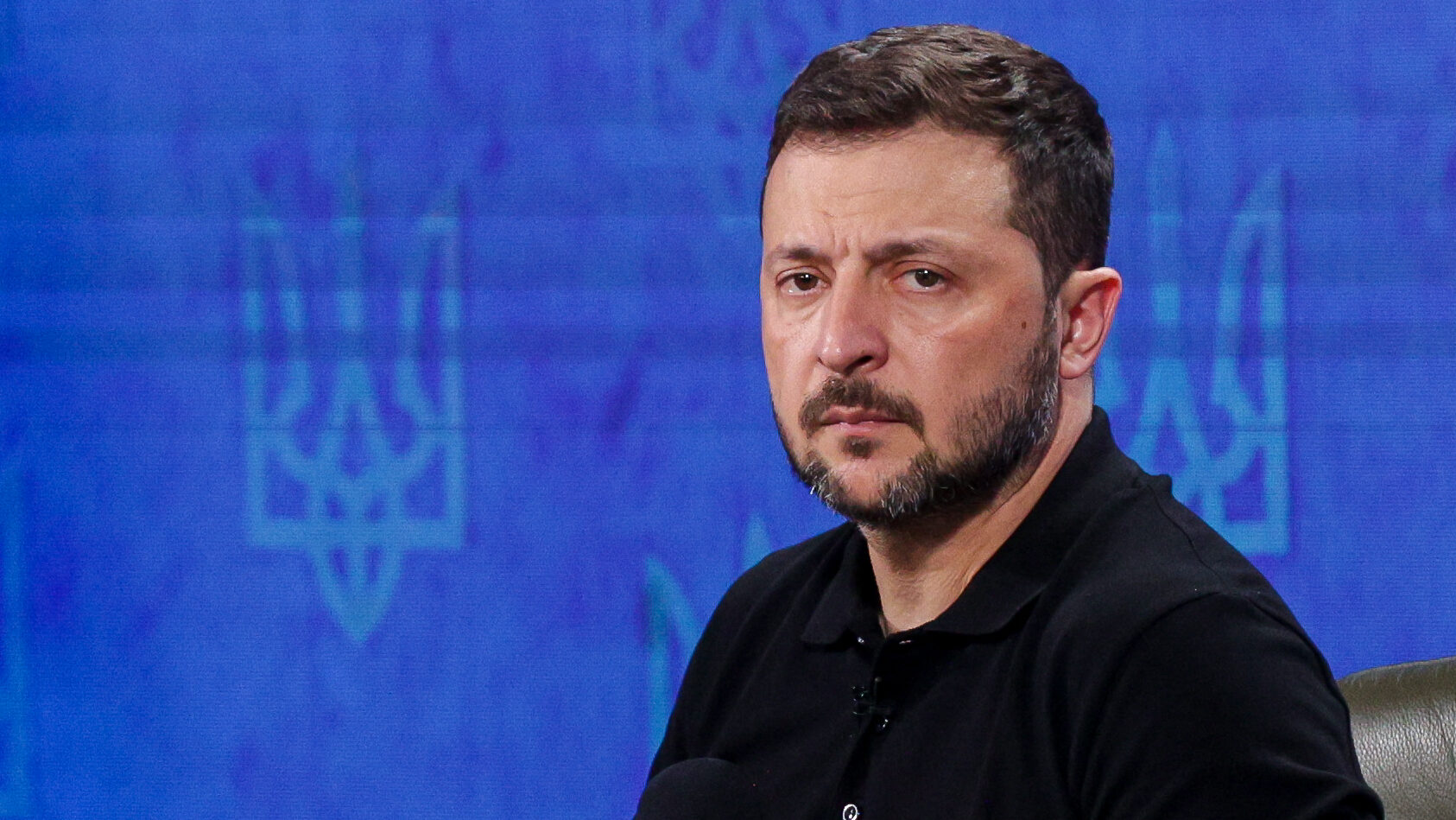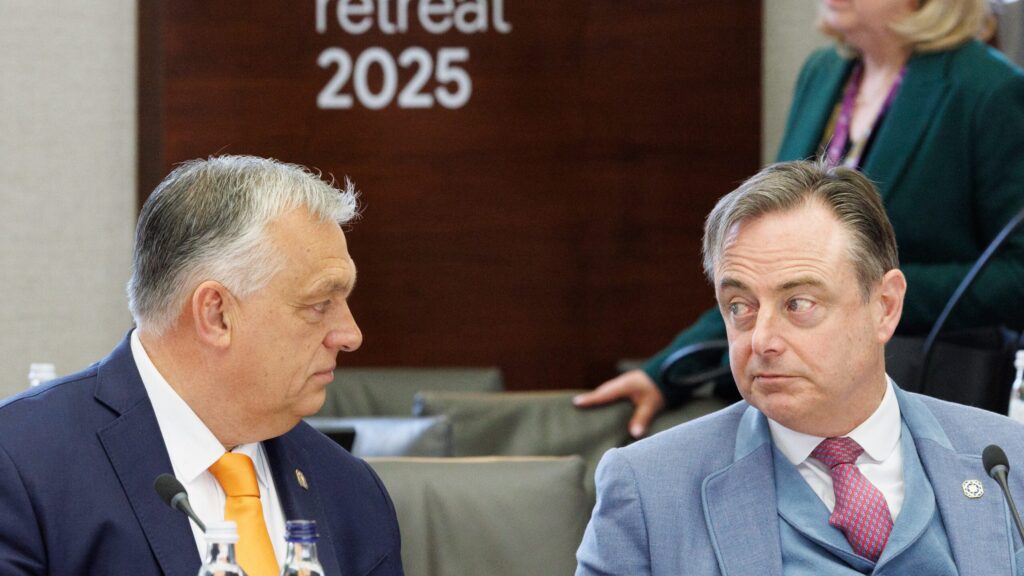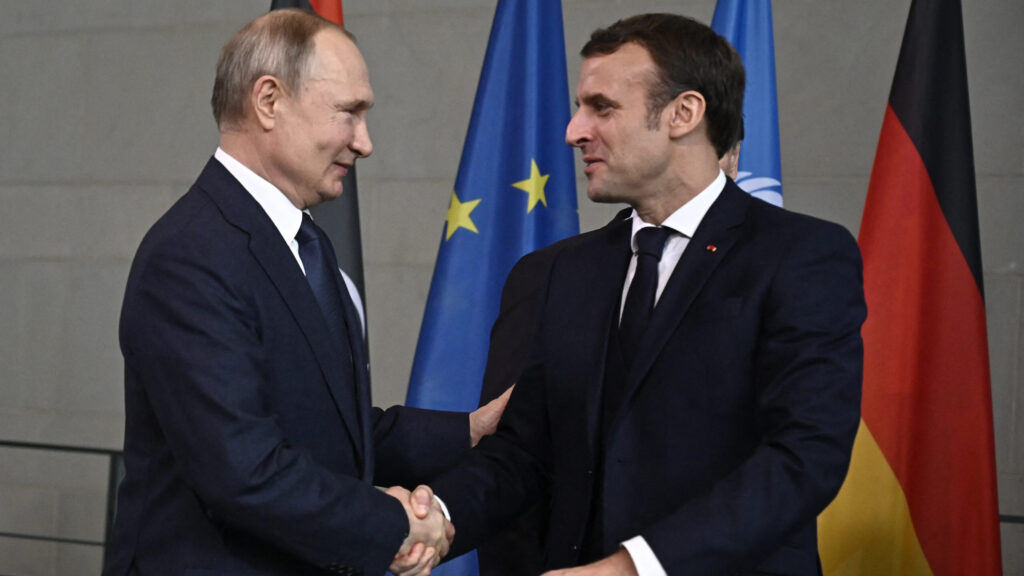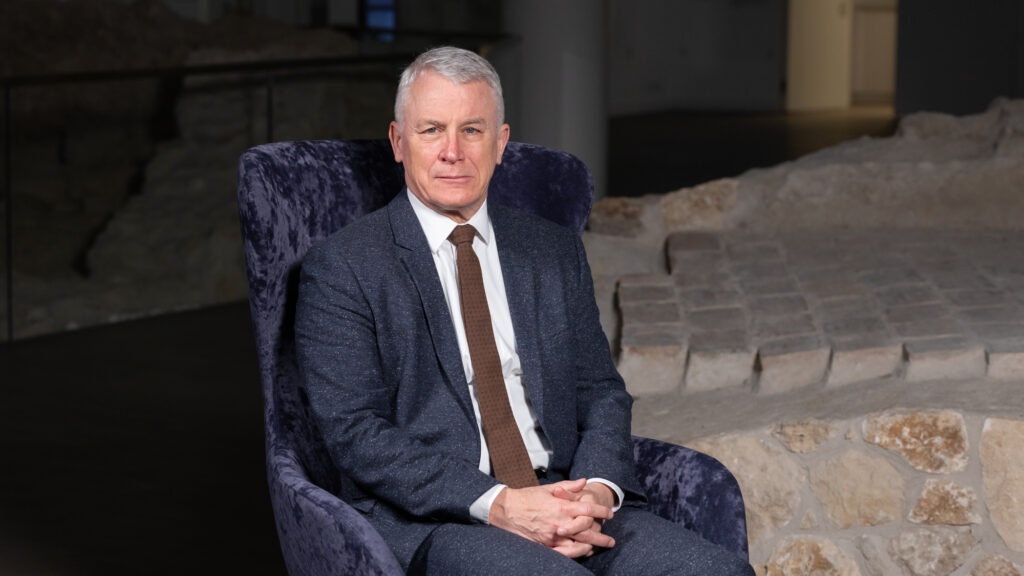The Ukrainian government is undergoing its biggest reshuffle since the outbreak of the war. Several key ministers have recently resigned, including Deputy Prime Minister for European Affairs Olga Stefanishyna, Minister of Strategic Industries Oleksandr Kamyshin—who played a significant role in boosting arms production—, Minister of Justice Denys Maliuska, Minister of the Environment Ruslan Strilets, and, notably, Foreign Minister Dmytro Kuleba.
‘We need new energy,’ explained Ukrainian President Volodymyr Zelenskyy in response to the unprecedented wave of resignations and the government reshuffle. He added that these changes are aimed at strengthening the country in various areas.
Such a significant transformation of government is fundamentally unusual, even in peacetime, and especially during wartime. Ukraine is currently grappling with major new challenges in the war, struggling to contain Russian advances in the east while attempting to disrupt Moscow’s plans with a recent incursion into the neighbouring Kursk region. Many, including senior Ukrainian politicians, believe the Kursk offensive was a critical mistake, as it has significantly weakened Ukraine’s defensive lines on other fronts.
The government reshuffle may also serve to silence or exclude dissenting views.
The decision to reshuffle the government has unsurprisingly sparked protests from the Ukrainian opposition, who accuse Zelenskyy of filling the vacant positions with loyalists in an effort to consolidate power. ‘All the actions of the current authorities point to the systematic centralization of power by the President and his office,’ they argue. ‘This wave of resignations from government officials now signals a severe governance crisis in the country.’
The most intriguing departure is undoubtedly that of Dmytro Kuleba. Over the past two years the Ukrainian Foreign Minister has become the second most recognizable face abroad representing Ukraine’s patriotic war effort, known for his successful negotiations and strong reputation within the Western community. According to a former Ukrainian official who spoke to POLITICO on condition of anonymity, Kuleba resigned due to a conflict with Zelenskyy’s powerful head of office, Andriy Yermak. ‘Everyone knew they had a conflict. I even witnessed an episode of it,’ the official said. He further explained that Kuleba had developed strong relationships with key international figures, such as US Secretary of State Antony Blinken and German Foreign Minister Annalena Baerbock. The president’s office could not allow these influential connections to remain under the control of someone they did not fully trust.
Although Zelenskyy relies on his top officials for guidance, Kyiv’s communication with Washington is primarily managed by his own office, specifically Andriy Yermak. Defence Minister Rustem Umerov, who is also close to the Biden administration, frequently communicates with US Secretary of Defence Lloyd Austin. Both Yermak and Umerov remain in their positions and visited Washington last week, meeting with senior officials from the Biden administration.
Following the declaration of war, Zelenskyy’s powers have significantly increased compared to peacetime, and with no elections having taken place in the country since the beginning of the war he has more latitude in shaping the government.
This has given him the ability to occasionally remove political opponents or those who disagree with him from key positions
—an opportunity the Ukrainian president appears eager to utilize.
A few months ago, headlines highlighted a reported disagreement between Valery Zaluzhny, then Commander-in-Chief of the Ukrainian Armed Forces, and Zelenskyy, which allegedly became untenable. Zelenskyy was said to have blamed Zaluzhny for both the Ukrainian military’s setbacks in combat and the slowdown in Western support, which the president attributed to dissatisfaction among Ukraine’s Western allies with the military leadership. However, at the time, Zaluzhny was immensely popular in Ukraine.
‘Zaluzhny has his reputation as an iron general and the national Savior, the embodiment of the Ukrainian armed forces that saved this country against an enemy as fearsome as Russia. Zaluzhny personally has the support of 88% of Ukrainians. 97% of Ukrainians trust the armed forces under his command,’ Ukrainian journalist Ilia Ponomarenko posted on X at the time.
If you ask me, the dismissal of General Zaluzhny would be, of course, a massive shot not only in the leg but also in the head, right there.
— Illia Ponomarenko 🇺🇦 (@IAPonomarenko) January 29, 2024
Zaluzhny has his reputation as an iron general and the national Salvator, the embodiment of the Ukrainian armed forces that saved this…
A poll conducted last October showed that while 82 per cent of Ukrainians supported Zelenskyy, Zaluzhny had a slightly higher approval rating, with 88 per cent backing him.
Within a few weeks, Zaluzhny was removed from his position, and now, most people would be hard-pressed to say what he is currently doing—he has since become Ukraine’s ambassador to London.
The example of Zaluzhny perfectly illustrates how Zelenskyy has used the power he has gained from the war to consolidate his authority. Currently, the Ukrainian president finds himself in a similarly challenging position as when he replaced his commander-in-chief. Voices of dissent against him are growing, and from this perspective, it is understandable that he has resorted to an almost complete government reshuffle in order to maintain his hold on power. The question remains: how long will Ukrainians, and even more so the Western allies who have so far provided unwavering support to Kyiv, continue to stand by? For now, Zelenskyy’s strategy has worked, but the long-term sustainability of it is uncertain.
Related articles:







